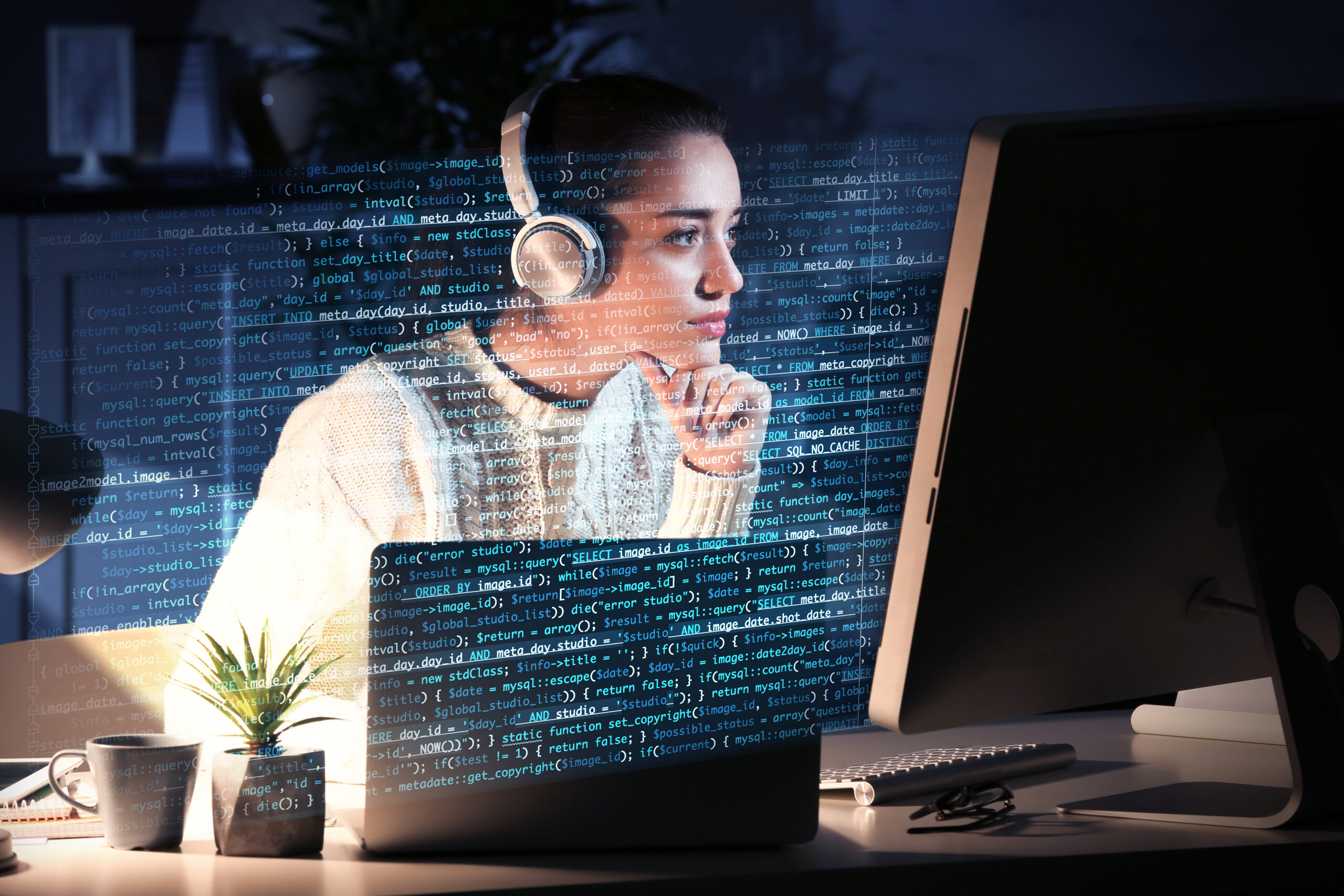
Slowly but surely, women are getting a tech-table seat

By Allison Cummins via The Journal
I am in the minority. Many people will know that fewer than a quarter of those working in STEM (science, technology, engineering and maths) roles in the UK are female.
Despite forming half of the population, women – it seems – have been left behind in an industry that I, for one, absolutely love being part of. In my case, that’s tech.
Could it be that I’m just one of the relatively small number of women interested in this rewarding, challenging world of work, or is it an altogether more complex issue that is leading to this gender-based disparity?
Apexon is a global technology business. We have offices in the UK – London and Sunderland Software Centre, which itself is a hotbed of digital talent, which encouragingly, includes a number of ambitious women – as well as the US and India.
And interestingly, the challenge is the same in all of Apexon’s geographies.
It seems the world over, women have been slow to come to the tech table.
We know that much has been said of the role of careers advice in perpetuating this issue.
Outdated views of STEM – perhaps more pertinently blue-collar sectors like manufacturing – have been a barrier.
And there’s little doubt that it has contributed to the gap – certainly in my own generation.
But, with well over a decade of talking up STEM, and years of focus on women following technology and digital-based pathways, are we on course to a redressing of the gender balance?
For the past two years, Apexon has been running 0Gravity, a programme for young people – boys and girls – across Sunderland and the wider North East area.
The course aims to inspire the next generation about the opportunities available in digital and tech and to hook them into coding from an early age, so they can hone their skills, and hopefully join us at Apexon, and in other digital businesses – in the year ahead. The programme, which has successfully trained more than 45 young people since its inception, started with a cohort of 84% boys to just 16% girls.
It was promising, you might say, to see a higher proportion of young girls engaged than the percentage currently in a STEM workplace, but still some way from the parity we all long to see. Fast-forward to this year’s programme and perhaps it’s finally lift-off for the girls. Of the 10 fantastic young people we have taking part in 0Gravity, seven (yes, seven!) are female. Have we finally turned that corner?
As a woman who continues to enjoy a fulfilling career in tech, I am so incredibly heartened to see that – through 0Gravity – we’re taking those first tentative steps towards flipping the gender balance when it comes to young females taking an interest in technology. And long may it continue. Women have a part to play in all kinds of industries, and there really should be no barriers to that. Problem-solving, a strong logic, an excellent customer service ethic and communication skills are all competencies that we look for when we’re searching out the most talented people to join our growing team at Apexon.
If the person who possesses those abilities happens to be female, that is absolutely fine.
And if they’re male, that’s equally fine.
That’s a message every industry should be sending.
It is – I think – incumbent on this generation to carve out clear pathways for the next, and where we need to broaden that road, or even take a whole different route, that’s for us to establish.
As a female, I take that responsibility on board, so it is hugely exciting that – in our own little way, through attracting a mainly female cohort to take part in 0Gravity – we are helping redefine ‘normal’ in tech.
This year’s 0Gravity, it seems, is one small step for a woman, and maybe – just maybe – one giant leap for womankind.
Want to learn more about Apexon? Consult with an expert here.




